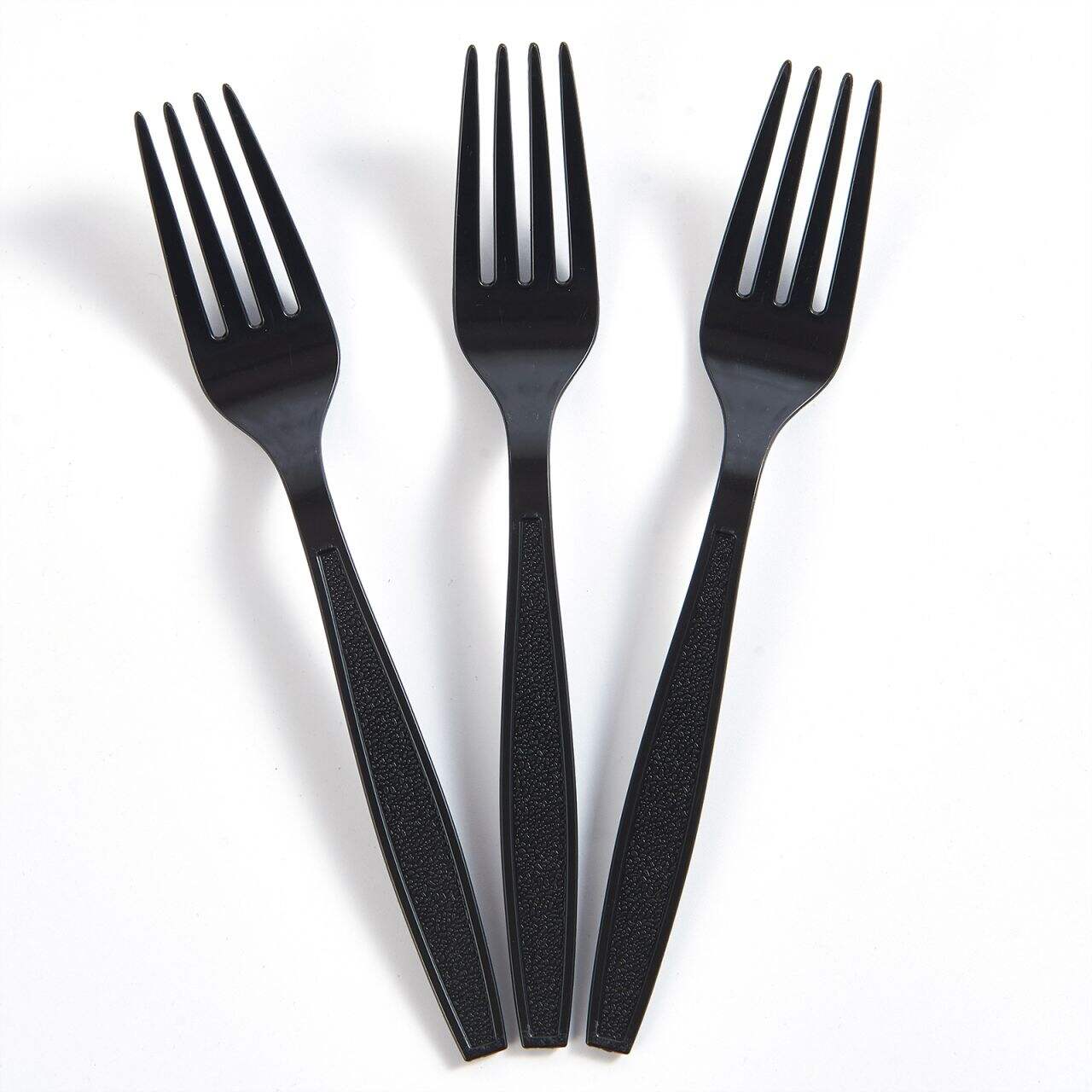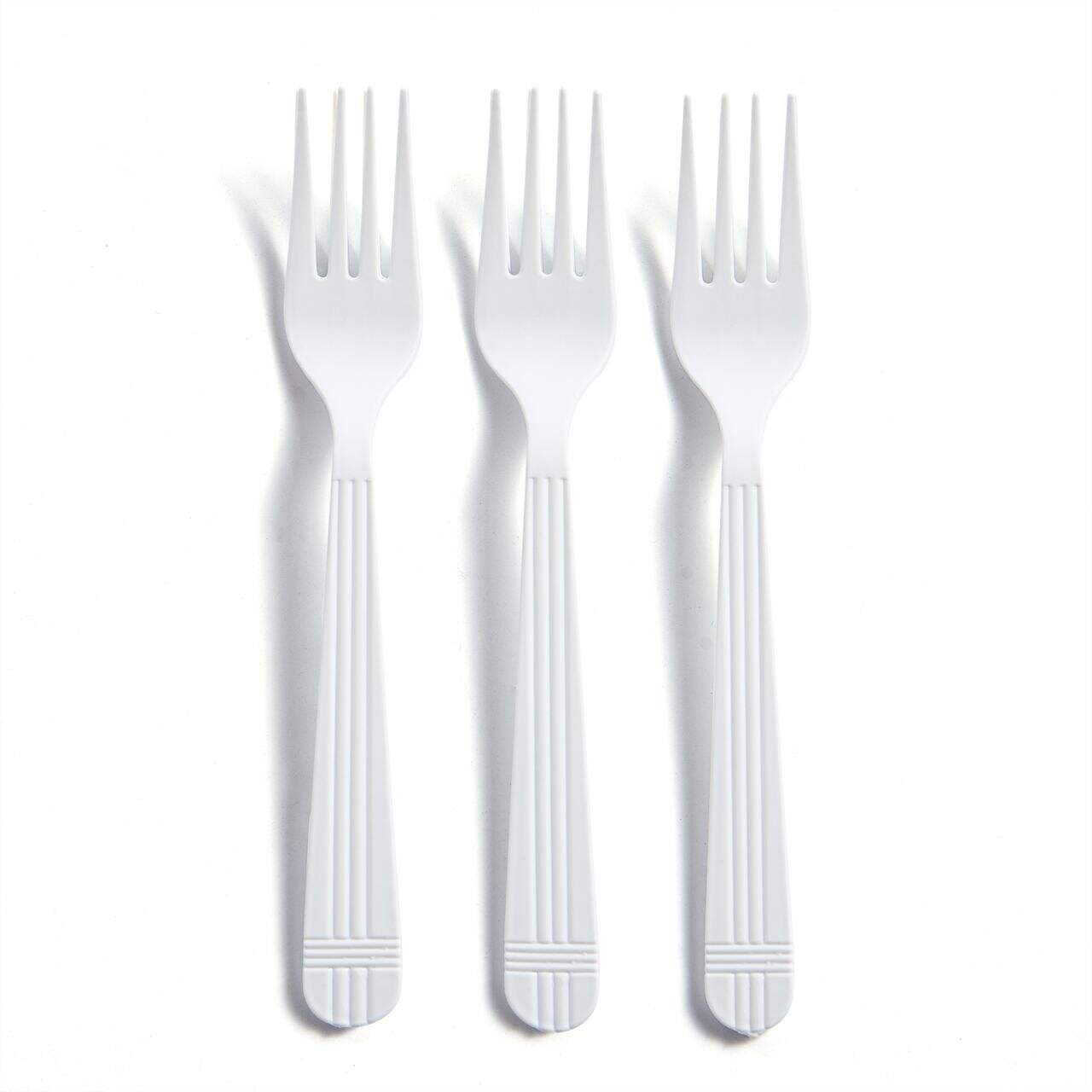Everyone knows that disposable plastic cutlery are widely used utensils for eating meals. They are simple to use and can be discarded without a second thought. But do you know that these same forks can be bad for the environment? It's true, and understanding why is important.
Disposable plastic forks are often discarded people find their way into landfills or into the natural environment. This creates a major challenge since plastic does not decompose or melt away gradually. A single plastic fork can take hundreds of years to biodegrade instead. That means plastic forks may sit in our landfills — or harm wildlife — for long periods of time, which in not ideal for our planet.
Wooden forks is a great example. They are powerful but user friendly, and they disintegrate naturally, which is a lot better for Earth. You can also opt for forks out of bioplastics. These are special plastics that degrade and are ecologically-friendly. In doing so we can eat without damaging our planet.
Disposable plastic forks are widely used since they are convenient. When we are in a picnic or organizing a party, they are easy to grab. But we also need to consider the environmental impact of using them. This is what folks mean when they talk about the effects of disposable plastic cutlery set.

Since we live busy lives, Fuling knows convenience matters. But we also need to consider products that are good to the Earth. We have to find a middle ground between the convenience of disposable plastic forks, and looking out for our planet. We owe it to ourselves and the ecosystem around us to seek out solutions that are as convenient for us as they are beneficial to the environment.

Single-use plastic breaks down naturally, leaching harmful chemicals. These chemicals can enter our water and food supplies, causing health issues for humans and animals alike. Plastic waste can also be harmful to wildlife. Animals may confuse plastic for food and, if consumed, it can get them sick or kill them. It is a sobering and alarming problem that we should address.

Eliminate single-use packaging: Many products are sold in single-use plastic packaging, which contributes to the plastic waste crisis. So, do your best to avoid these products whenever possible. Avoid heavily packaged items or items packaged in nonrecyclable materials.